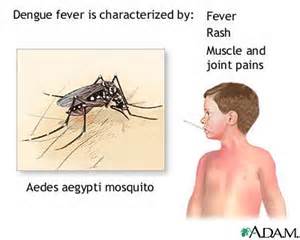
There is some option of medical services in canggu , seminyak , kuta and Kerobokan area. Some private practice generalist doctor , 24 hours tourism clinic and private hospital.
Each option depend on the patient needed
The Private Practice Generalist Doctor advantage are : the private practice have more complete medical record history , more understand the local medical issue , have a better doctor -patient relationship, have minor surgery services for wound treatment , have arrangement with national private laboratory, provide housecall, have more reasonable price compare with 24 hours tourism clinic or private hospital.
Private practice do not have advance imaging technology like ct scan/ MRI, and do not open 24 hours.
The 24 hours Tourism Clinic advantage are : the clinic open 24 hours, provide minor surgery services for wound treatment , have arrangement with national private laboratory, provide housecall,
Clinic have a charge more expensive than private practice , Clinic do not have advance imaging technology, less doctor -patient relationship due to subtitute doctor (shift doctor)
Private Hospitals advantage are : the hospital open 24 hours, provide all medical treatment for emergency operation or hospitalize issue, have own private laboratory, provide emergency ambulance call, have advance imaging technology
Hospital charge quite expensive , most do not provide private house call, have nosocomial infection issue
Contact / Whats app : +6281803862021





